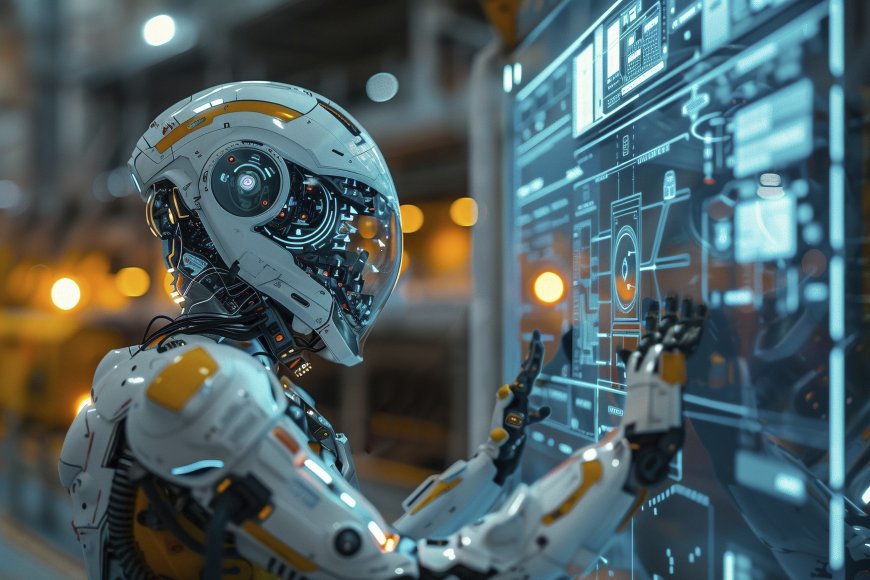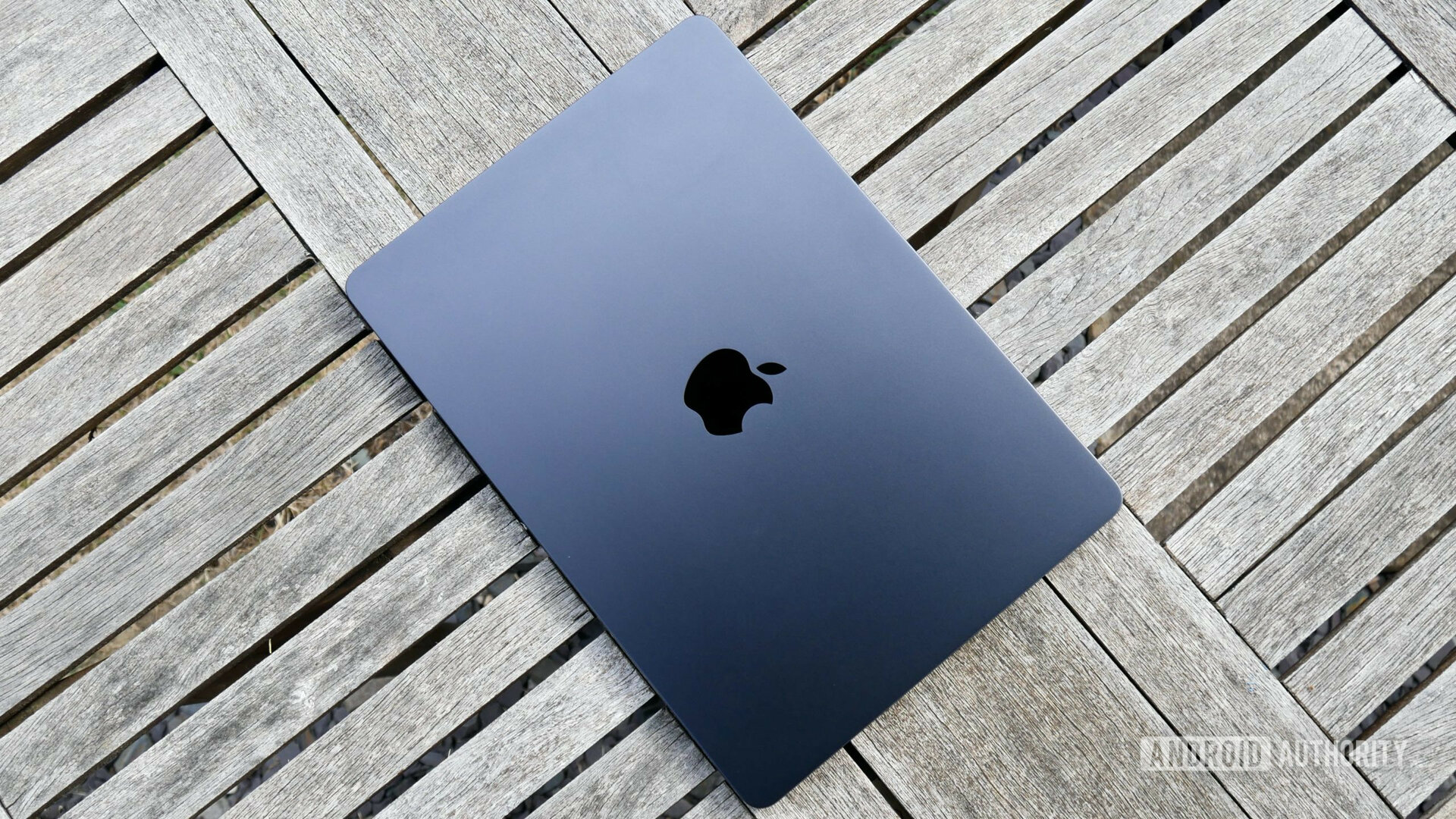Robotics in AI Development: Revolutionizing Industries and Shaping the Future
Discover how robotics and AI are revolutionizing industries, from healthcare to manufacturing. Explore AI's role in robotics development, its applications, advancements, and ethical concerns with Build Future AI.

Robotics and artificial intelligence (AI) have become two of the most transformative forces in technology. With the fusion of AI and robotics, we are witnessing a new era of automation, innovation, and possibilities across various industries. The dynamic relationship between robotics and AI is opening doors to advancements that once seemed like science fiction. In this blog, we will explore the significant role AI plays in robotics development, its applications in various industries, the advancements brought by this combination, and the ethical considerations that come along with it.
At Build Future AI, we understand the profound impact of robotics in AI development. Our goal is to help businesses harness the power of AI-driven robotics to stay ahead in the rapidly changing technological landscape.
Overview of Robotics and Its Relationship with AI
Robotics is the field of engineering and technology that involves the design, construction, and operation of robots. Robots can range from simple automated machines to complex, intelligent systems capable of performing tasks autonomously. However, what truly sets modern robots apart is their ability to "think" and make decisions—thanks to artificial intelligence.
AI is the driving force behind the intelligence of robots. It enables them to analyze data, learn from their environment, adapt to new situations, and make decisions without human intervention. This relationship between robotics and AI is symbiotic: AI makes robots smarter, while robotics provides a physical platform for AI to interact with the real world.
At Build Future AI, we believe that combining AI with robotics opens up a world of possibilities. From automating repetitive tasks to solving complex challenges, AI-powered robots are transforming industries in ways we couldn’t have imagined just a few years ago.
The Role of AI in Robotics Development
Artificial intelligence is the brain behind the brawn of robotics. It enables robots to go beyond pre-programmed instructions and exhibit cognitive abilities such as perception, reasoning, and decision-making. AI-powered robots can recognize objects, understand language, and even predict outcomes based on data.
One of the key roles AI plays in robotics development is in enabling robots to perform complex tasks that require real-time decision-making. For example, self-driving cars use AI algorithms to interpret data from sensors, recognize obstacles, and navigate safely on the road. Similarly, AI enables industrial robots to work alongside humans in manufacturing, adapting to changes in the environment and ensuring precision in their tasks.
Another crucial role AI plays is in machine learning and computer vision. Machine learning allows robots to improve their performance over time by learning from past experiences. Computer vision, on the other hand, enables robots to perceive and understand visual information, making it possible for them to recognize objects, faces, and even emotions.
At Build Future AI, we specialize in integrating AI capabilities into robotic systems, allowing businesses to enhance efficiency, accuracy, and productivity in their operations.
Applications of Robotics in Different Industries
The integration of AI in robotics is revolutionizing various industries, making processes more efficient, accurate, and cost-effective. Here are some key industries where robotics, powered by AI, is making a significant impact:
-
Manufacturing: Robotics has been a game-changer in manufacturing, particularly in automating repetitive tasks such as assembly, welding, and painting. AI-powered robots can work alongside human workers, adapting to changes in the production line and ensuring precision and consistency. They also play a crucial role in quality control, using computer vision to identify defects in products.
-
Healthcare: In healthcare, AI-driven robots assist in surgeries, diagnostics, and patient care. Surgical robots, powered by AI, can perform delicate procedures with precision, reducing the risk of human error. AI-powered robots also assist in rehabilitation, helping patients regain mobility and strength through personalized therapy plans.
-
Logistics and Warehousing: In the logistics and warehousing industry, AI-powered robots are optimizing supply chain operations by automating tasks such as picking, packing, and sorting. These robots can navigate through complex warehouse environments, identifying products, and ensuring timely deliveries.
-
Agriculture: AI-driven robots are transforming agriculture by automating tasks such as planting, harvesting, and monitoring crops. These robots use AI algorithms to analyze soil conditions, identify pests, and optimize crop yields, helping farmers improve efficiency and reduce labor costs.
-
Retail: In retail, AI-powered robots are enhancing customer experiences by assisting with tasks such as inventory management, customer service, and product recommendations. These robots can navigate stores, restock shelves, and even interact with customers to provide personalized shopping experiences.
At Build Future AI, we work closely with businesses across these industries to implement AI-powered robotics solutions that drive growth and innovation.
Advancements in Robotics Through AI
The combination of AI and robotics has led to groundbreaking advancements that are pushing the boundaries of what robots can achieve. Some of the most notable advancements include:
-
Autonomous Robots: AI has enabled robots to operate autonomously, without the need for human intervention. Autonomous robots can navigate complex environments, make decisions in real-time, and adapt to changing conditions. This has opened up new possibilities in areas such as transportation, where self-driving vehicles are becoming a reality.
-
Collaborative Robots (Cobots): AI has also given rise to collaborative robots, or cobots, which are designed to work alongside humans in a safe and efficient manner. Cobots can assist with tasks that require precision and dexterity, such as assembly and packaging, while also ensuring the safety of human workers.
-
AI-Powered Drones: Drones, equipped with AI, are revolutionizing industries such as agriculture, logistics, and surveillance. AI-powered drones can analyze aerial data, monitor crops, deliver packages, and even assist in search and rescue operations.
-
Humanoid Robots: Humanoid robots, designed to resemble and interact like humans, are becoming more sophisticated thanks to AI. These robots can perform tasks such as customer service, caregiving, and even entertainment, making them valuable assets in industries such as hospitality and healthcare.
At Build Future AI, we are committed to staying at the forefront of these advancements, helping businesses leverage the latest AI-powered robotics technologies to stay competitive in the market.
Ethical Concerns in Robotics Development
As AI and robotics continue to advance, ethical concerns have become an important consideration. The development of AI-powered robots raises questions about privacy, job displacement, and the potential for misuse.
-
Privacy Concerns: AI-powered robots often rely on data collection to perform tasks, raising concerns about privacy and data security. For example, robots equipped with cameras and sensors can collect sensitive information, leading to potential breaches of privacy.
-
Job Displacement: The automation of tasks through AI-powered robotics has the potential to displace jobs, particularly in industries such as manufacturing and logistics. While robots can improve efficiency, there is a growing concern about the impact on the workforce and the need for reskilling and upskilling.
-
Ethical Use of AI in Robotics: The use of AI in robotics also raises ethical concerns about decision-making and accountability. For example, in autonomous vehicles, who is responsible in the event of an accident? Additionally, the use of AI-powered robots in military applications raises questions about the ethical implications of autonomous weapons.
At Build Future AI, we recognize the importance of addressing these ethical concerns. We are committed to developing AI-powered robotics solutions that prioritize safety, privacy, and ethical use, ensuring that technology benefits society as a whole.
Conclusion
The fusion of robotics and AI is transforming industries and shaping the future of technology. From autonomous robots and cobots to AI-powered drones and humanoid robots, the advancements in robotics through AI are pushing the boundaries of what’s possible. However, as we continue to innovate, it is crucial to address the ethical concerns that come with this rapid advancement.
At Build Future AI, we are at the forefront of AI-driven robotics development, helping businesses harness the power of this technology to stay ahead in the market. Whether it’s enhancing efficiency, improving precision, or driving innovation, AI-powered robots are revolutionizing the way industries operate. By embracing this technology responsibly, we can create a future where robotics and AI work together to benefit businesses and society as a whole.
What's Your Reaction?
 Like
0
Like
0
 Dislike
0
Dislike
0
 Love
0
Love
0
 Funny
0
Funny
0
 Angry
0
Angry
0
 Sad
0
Sad
0
 Wow
0
Wow
0

















































